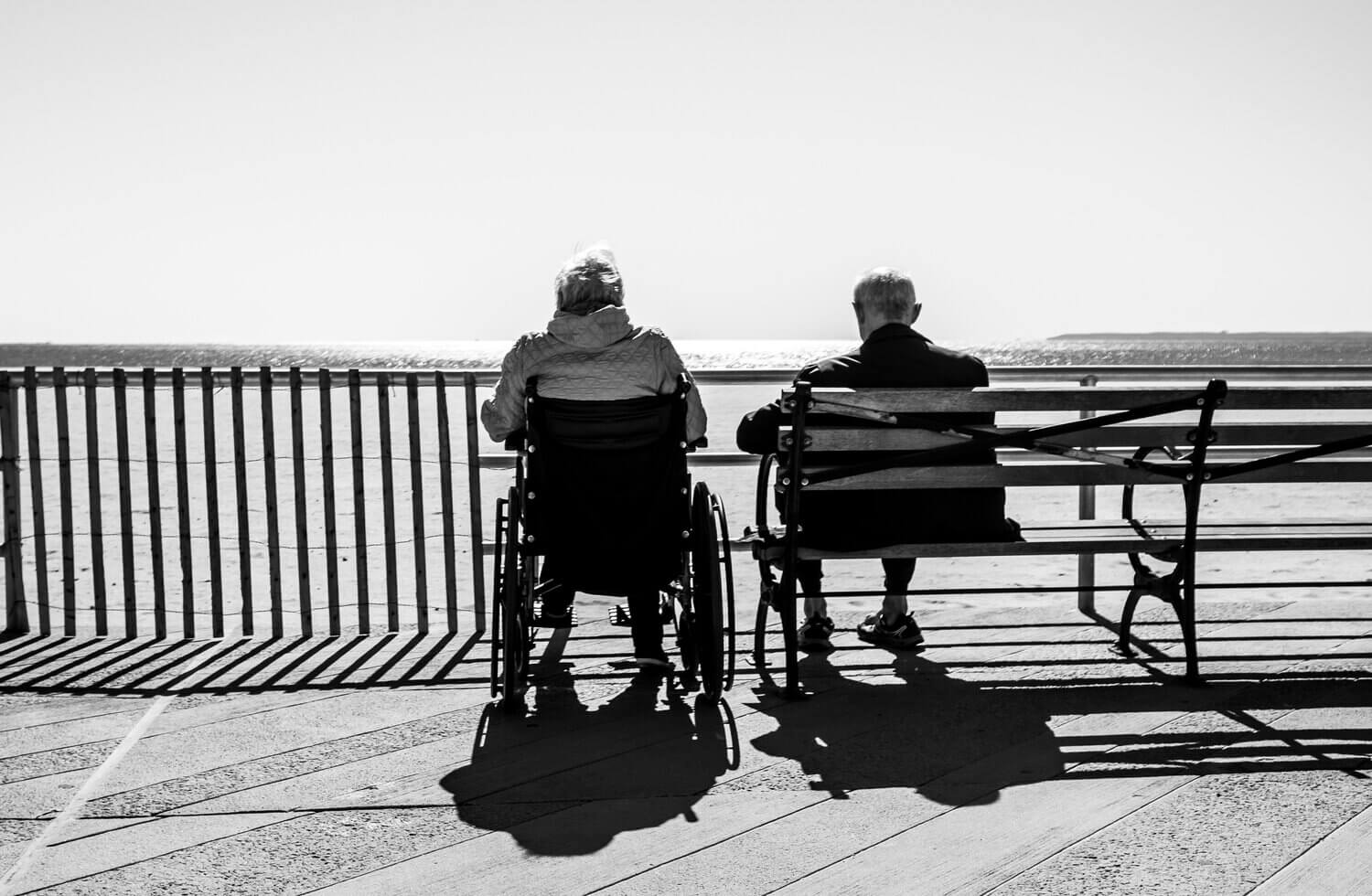Sex & Disabilities: The Basics

As an able-bodied individual without an intellectual disability, it’s easy to forget one’s privilege. I have recently spent more time learning about individuals who aren’t able-bodied or have some sort of disability and the impact that it has on their sexual experience. We are all sexual beings, and while some folks may not experience desire, arousal, etc. the majority of people do, and those with disabilities are no exception. I wanted to shed some light on some of the discoveries I’ve made. While I am no expert in this area, I think it’s paramount that we learn and take into consideration the experiences of others in our world.
There are a wide variety of disabilities that are seen and unseen that can impact a person’s sexual experience. Some people are physically limited, be it via a wheelchair, crutches, unable to see or hear, over or under sensitivity to touch, chronic illness, etc. Others are intellectually disabled and may have a lower IQ than the “average” person. Often, caregivers and folks who don’t have a physical or intellectual disability don’t realize that folks who do have a condition are just as likely to want sex as anyone else. So what does this mean?
- If you have someone in your life who has a condition that would make sex more challenging, talk to them! There are a multitude of ways to modify sexual activity, be it solo or partnered, to help them have a positive sexual experience. There are a variety of sex toys that exist for those that might find it difficult to stimulate themselves manually. It’s important to discuss health and safety in the sense of using lube so as not to damage skin and to ensure mindfulness around using toys, especially those who may experience less touch sensitivity, so they don’t apply too much friction. Clean up is important and not everyone can clean up after themselves. Discussing a way that is comfortable for both parties to participate in clean up after a person engages in solo or partnered play is helpful. This also includes cleaning up of any toys used. This is a great resource for additional information on considerations for sex as it pertains to those with disabilities.
- Discussing sexual desire in general and acknowledging that this person has desire is important. If you have a disability of some kind, you have the same right as any other person to be able to explore and express your sexual desires in a way that is healthy for you (and those around you). It can be empowering to explore one’s sexuality and acknowledging that there may be some additional challenges to sex for someone with a disability is helpful.
- Even if the individual is non-verbal or has difficulty communicating verbally, they can still have sexual desire and engage in behaviors that indicate this (i.e. engaging in self-pleasure). Do not assume that because they can’t verbalize the desire, that it doesn’t exist. Work with them to find a way to allow them to explore their desires.
- Explore the challenges that someone with a disability might be facing when it comes to dating. Dating is hard enough as it is, and having a disability puts the person in a position of having to decide when and how to disclose that information. For some people, it’s evident right away, but for others, they may select photos that conceal their condition or simply have a condition that isn’t immediately evident (i.e. a chronic illness) and have to decide when and how to share with a potential partner about this part of their lives.
- Young or old, most people have desire. Someone may develop a condition or disability over the course of time and may need to mourn the shift in their sexual functioning. Checking in and helping them to explore resources that will allow them to continue to experience their sexuality (perhaps in an adapted way) can also be empowering.
As mentioned, this information just scratches the surface regarding individuals with disabilities who desire to explore their sexuality and concepts for any caregivers to bear in mind. However, this should be a good starting point to get you and others in your life thinking about how to better serve your loved ones by ensuring they are able to have as much of a human experience as anyone else.

